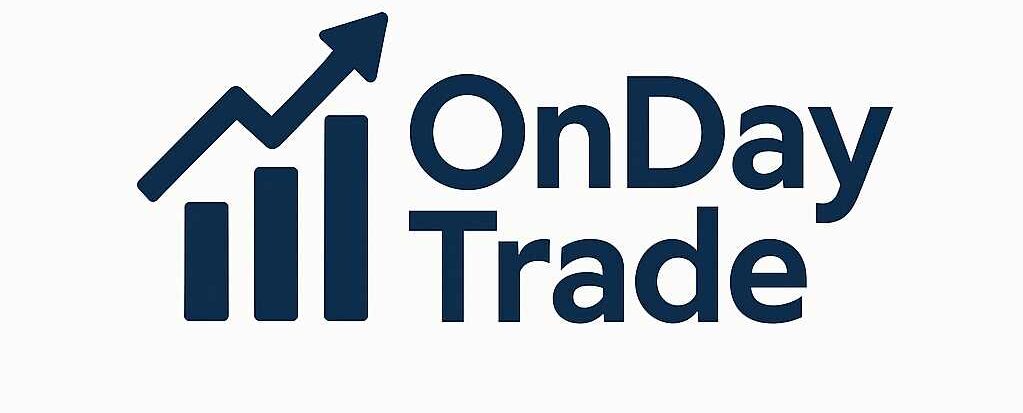Women Found Start-ups Less Often Than Men – and the COVID-19 Pandemic Made it Worse
Women found start-ups much less frequently than men. During the COVID-19 pandemic, the share of women entrepreneurs decreased even further. For female founders, securing financing is often a significant challenge, which is partly due to the preferences of investors.
The share of women among company founders in Germany has been on a continuous decline over the past twelve years. This is the result of a new analysis conducted by the Bonn-based data consultancy Infas 360. The researchers examined trade register entries of newly founded companies and found that, especially for the typical company form of small tech start-ups, the share of female CEOs dropped from 22.5% in 2009 to 19.3% in 2021.
For capital-intensive GmbH (limited liability companies) start-ups, the proportion of women founders has remained consistently low at just under 16% since 2009. “Although the number of start-ups has increased in absolute numbers for both genders, men founded more frequently than women, especially during the pandemic,” commented Sebastian Hugo from Infas 360.
Infas exclusively analyzed for WELT AM SONNTAG in which industries women most frequently start businesses: The social sector leads with over 800 new companies founded annually. Before the pandemic, women also founded particularly frequently in the travel industry and personal services.
During the pandemic year of 2020, women often launched start-ups in the education and tutoring sector—likely driven by the homeschooling wave. New companies in caregiving services were also frequently led by women.
Care Work Prevents Women from Starting Businesses
Why women started businesses much less frequently than men during the pandemic is not something Infas researched directly. However, they refer to studies such as one from the Institute of the German Economy (IW) Cologne, which showed that, during the crisis with school closures and quarantines, women disproportionately took on care work at home. Furthermore, a study from IW titled “Women in the Start-up World” from a 2020 survey found that young women lacked self-confidence regarding their creativity and flexibility, making them less likely to imagine starting their own business.
However, successful female founders do not simply accept this theory. “Then it’s said again that we need to coach women to have more self-confidence and that will solve everything,” commented Tijen Onaran, founder of the consulting and networking company Global Digital Women. “But it’s not about fixing women. We need to fix the environment in which they can start businesses.”
Onaran, together with her business partners, is particularly committed to equipping women with the necessary financial resources for their business ideas. Her thesis is that even great ideas from women are funded significantly less frequently compared to worse ideas from men.
According to the German Start-ups Association, men with comparable start-up ideas have a 60% higher chance of receiving venture capital than women.
Women Often Found More Sustainable Ideas
“Women often start with sustainable ideas,” says Onaran. “They tend to focus on long-term value development rather than on very rapid growth and the subsequent sale of their company. However, this does not always fit into the conventional models of venture capitalists.” Most venture capital funds have strict time limits and prefer to invest in companies aiming for maximum scaling and quick exits.
“They also tend to give their money to founders who are more like themselves, as most decision-makers allocating funds are men.”
Onaran sees a business opportunity for venture capitalists who actively seek female founders. Since their good ideas remain underfunded, the chances for a profitable start-up investment in women are relatively higher.
A 2018 study by Boston Consulting Group involving more than 300 start-ups showed that while women as CEOs earned an average of 78 cents per dollar of venture capital, men earned only 31 cents.
“However, in order to increase the number of female start-ups, we need to encourage successful female founders to not only invest their capital but also to pass on their knowledge and become business angels for the next generation of women,” says Onaran. “Too many women currently shy away from this risk, partly because they overestimate the complexity and capital needs of private start-up investments.”
Government Funding Programs for Start-up Ideas Also Favor Male Founders
State funding programs for start-up ideas often allocate resources more to male founders than female ones. Here too, men are significantly more likely to decide on the distribution of funds.
Better Support for Female Founders
Onaran’s assertions are met with open doors in the federal government: “We want to review all our funded start-up programs to see whether they also target women,” commented Franziska Brantner, Parliamentary State Secretary in the Federal Ministry for Economic Affairs and Climate Action.
“Our ministry has several programs and funding pools, such as the High-Tech Founder Fund, where we want to review the criteria for funding to create better support for female founders.”
Brantner believes that “women start more sustainable businesses, often in the social sector—and thus frequently don’t fit into the conventional start-up funding models.” She aims to address the composition of the committees that allocate funds. “Wherever our ministry can influence this, we must ensure that these committees are gender-balanced.”

